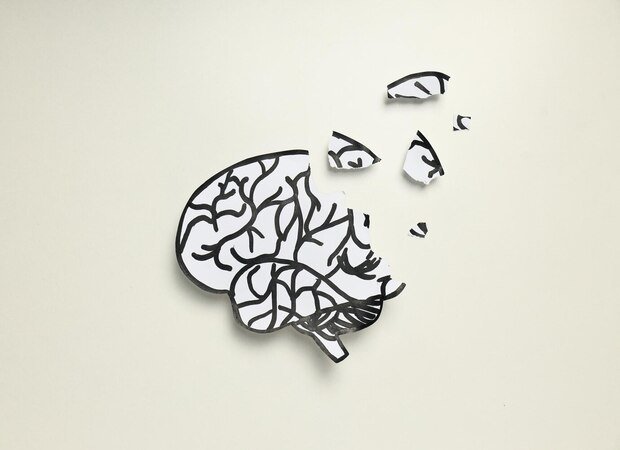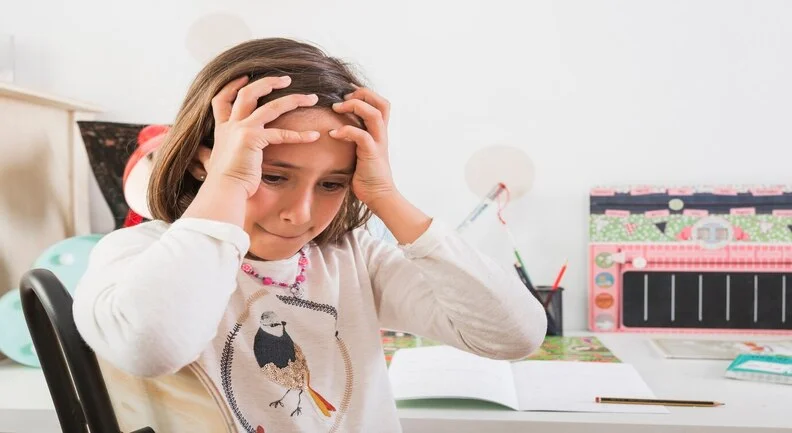ATTENTION DEFICIT HYPERACTIVITY DISORDER (ADHD)


Attention-Deficit/Hyperactivity Disorder (ADHD) is a neurodevelopmental condition marked by persistent patterns of inattention, hyperactivity, and impulsivity that interfere with functioning or development. It commonly begins in childhood and may continue into adolescence and adulthood, affecting life’s academic, occupational, and social aspects. Early identification and appropriate intervention are vital for effective management.
Psychowellness Center, a leading mental health care provider in West Delhi, offers a comprehensive and evidence-based approach to diagnosing and treating ADHD. The center’s team of experienced professionals provides individualized care that addresses core symptoms, environmental challenges, and co-occurring issues.
Cognitive Behavioural Therapy (CBT) plays a crucial role in managing ADHD by helping individuals develop skills for time management, organization, and impulse control. At Psychowellness Center, therapy extends beyond behavior correction, focusing on empowerment, confidence-building, and long-term success. With structured support and expert guidance, meaningful improvement is possible.


ADHD symptoms are generally divided into two main categories: Inattention and Hyperactivity-Impulsivity. A person may present predominantly with one or both sets of symptoms.
Inattention
Hyperactivity-Impulsivity

There are three types of ADHD

ADHD is highly manageable with a combination of therapies, medication, and environmental support.
Prescribed by a psychiatrist, medications can significantly reduce symptoms:
Therapy aims to equip individuals with practical skills for managing behavior and improving daily functioning.

Goals of Therapy:
Evidence-Based Therapies:

While the exact cause is unclear, ADHD appears to result from a combination of genetic, neurological, and environmental factors.
Biological Factors
Genetic Factors
Psychosocial and Environmental Factors

Clinical Interview and History Taking
Mental health professionals gather a detailed developmental, academic, behavioral, and family history to identify patterns of ADHD symptoms across settings.
Diagnostic Criteria (DSM-5-TR)
ADHD is diagnosed based on specific criteria listed in the DSM-5-TR. Symptoms must:
Psychological Assessments and Tools
Medical Evaluation